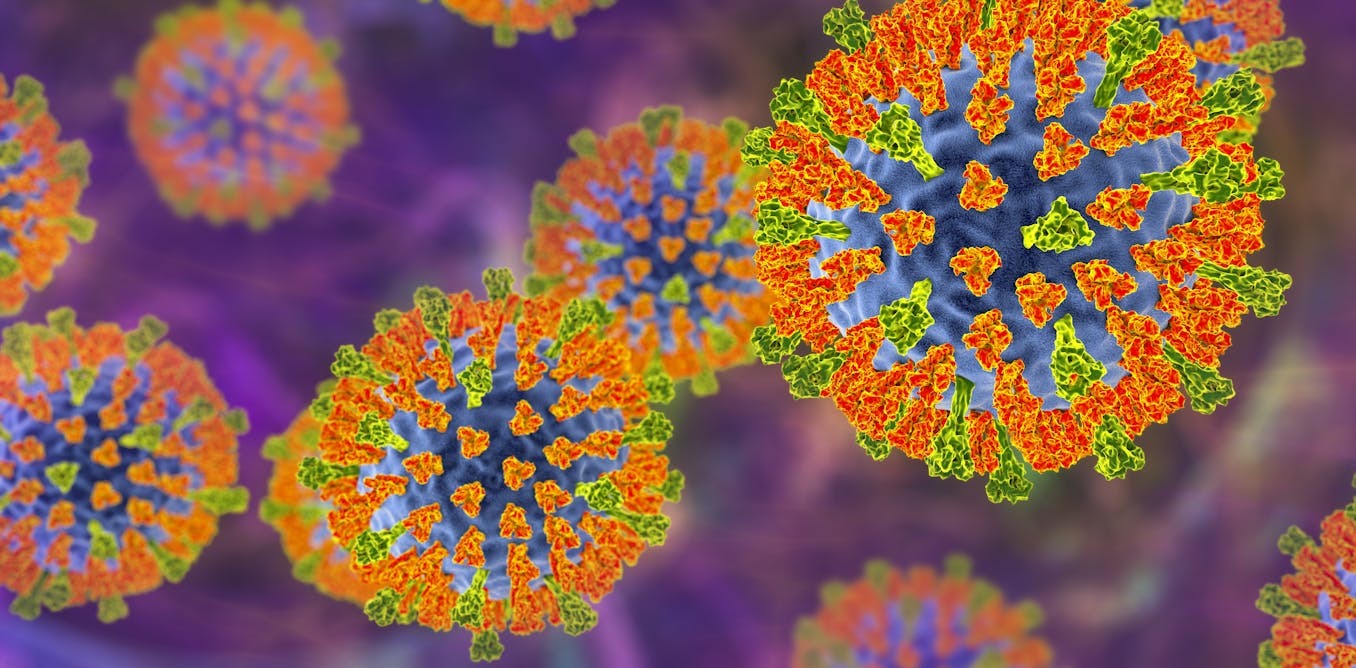IF your child enjoys a diet of burgers, sausages, fish fingers, and chicken nuggets then this could be to blame for changes to their face.
These foods are all examples of ultra-processed foods (UPFs) – foods that have been heavily processed and contain a lot of additives.
3

3
A diet high in UPFs has been linked an increased risk of obesity, cardiovascular disease, type 2 diabetes, high blood pressure, mental health issues like anxiety, and even certain types of cancer.
And now scientists have warned kids may be at risk of some surprising symptoms.
Children who have high UPFs intake could be left with wonky teeth and a shrunken jaw, according to researchers from the Catholic University of Valencia.
Dr Laura Marques Martinez, an expert in pediatric dentistry and co-author of the study, said: “Chewing plays a crucial role in the proper development of the jaws as it stimulates bone growth, strengthens facial muscles, and promotes proper dental alignment.
“Chewing solid and fibrous foods, such as fruits, vegetables, or natural proteins, exercises the jaw, helping to prevent issues like malocclusion (misalignment of teeth) and deficiencies in the size and shape of dental arches.
“On the other hand, diets based on ultra-processed foods, which are soft and require minimal effort to chew, negatively impact jaw development.
“These foods, by failing to adequately stimulate the maxillofacial muscles and bones, can lead to underdeveloped bone structures and increase the risk of malocclusion and respiratory problems.”
The researchers tracked the eating habits, dental structures and skull shapes of 25 three to five-year-olds as part of the study.
They found those who ate softer foods were more likely to have buck teeth and lack natural gaps in their teeth, which are needed in early childhood to make room for larger teeth.
Top diet expert, Professor Tim Spector, told The Telegraph: ‘We’ve been going through this epidemic of jaw shrinkage for a few hundred years but it has really accelerated over the last two decades.
“As a result, we’re seeing a huge rise in orthodontic problems in children – a massive use of braces, and far more crooked teeth.”
The founder of the popular nutrition ZOE app added: “The strongest current theory about why the jaws have been shrinking so rapidly is that we’re feeding on our kids baby food really for the whole of their lives.
“So that they just don’t develop the jaw muscles or the size of the jaw, and you aren’t really adapted for chewing.”
Nyree Whitley, Chief Clinical Officer at mydentist, told Sun Health: “Ultra processed foods are typically high in preservatives, additives, and often sugar, which can cause tooth decay if not enjoyed as part of a balanced diet.
“Because most ultra processed foods are designed for convenience, they are often easier to chew, which can lead to weakness in the jaw. If children’s jaws don’t develop properly, this could cause them a plethora of oral health problems over the course of their life – such as difficulty eating, tooth loss, or speech problems.
“We are seeing an increase in tooth decay when it comes to children’s oral health, which is often connected to ultra processed foods such as fizzy drinks, crisps, chocolate and sweets.
“However, other processed foods such as pre-made meals often also contain a high-level of additives and sugar which can be harmful to our oral health.”
According to recent studies, the intake of UPFs in the UK is quite high, with an average adult consuming around 57 per cent of their daily calories from UPFs, while adolescents consume an even higher proportion at around 66 per cent of their daily calories.
In a study published in The BMJ in February 2024, UPFs were linked to over 30 illnesses.
The researchers said they found an association between ultra processed foods and all causes of mortality, breast cancer, bowel cancer, pancreatic cancer, adverse sleep outcomes, adverse anxiety outcomes, asthma, hypertension, Crohn’s disease, ulcerative colitis, obesity, metabolic syndrome, non-alcoholic fatty liver disease, and hyperglycemia, among other diseases and conditions.
Ultra-processed foods to avoid
Ultra-processed foods (UPFs) often include ingredients you wouldn’t usually have at home, such as preservatives, sweeteners and emulsifiers.
Examples of UPFs include:
- sweetened drinks
- crisps
- packaged cakes and biscuits
- ice cream
- sweets and chocolate
- some ready meals
- packaged meat pastries like pies and pasties
While some UPFs can be included in a healthy diet, such as wholemeal sliced bread, wholegrain or higher fibre breakfast cereals or baked beans, the NHS recommends eating less UPFs that are high in saturated fat, salt or sugar.
The health service advises: “These foods are not needed in our diet, so should be eaten less often and in smaller amounts.”
They reported a 50 per cent increased risk of deaths related to cardiovascular disease, a 12 per cent higher risk of type 2 diabetes, and a 48 per cent to 53 per cent higher risk of anxiety and mental disorders.
High intake of ultra-processed foods was also found to be associated with a 21 per cent increased risk of death from any cause and a 22 per cent increased risk of depression.
The researchers argued their findings suggest UPFs could be harmful to numerous body systems, highlighting the need for urgent action to reduce dietary exposure to ultra-processed foods.
In the UK, the government is currently focusing on research and reviewing existing classifications of UPFs through the Scientific Advisory Committee on Nutrition (SACN).
They hope to better understand the health implications of UPFs and potentially develop policy measures based on new evidence.
But there are currently no concrete regulations specifically targeting UPFs.

3




